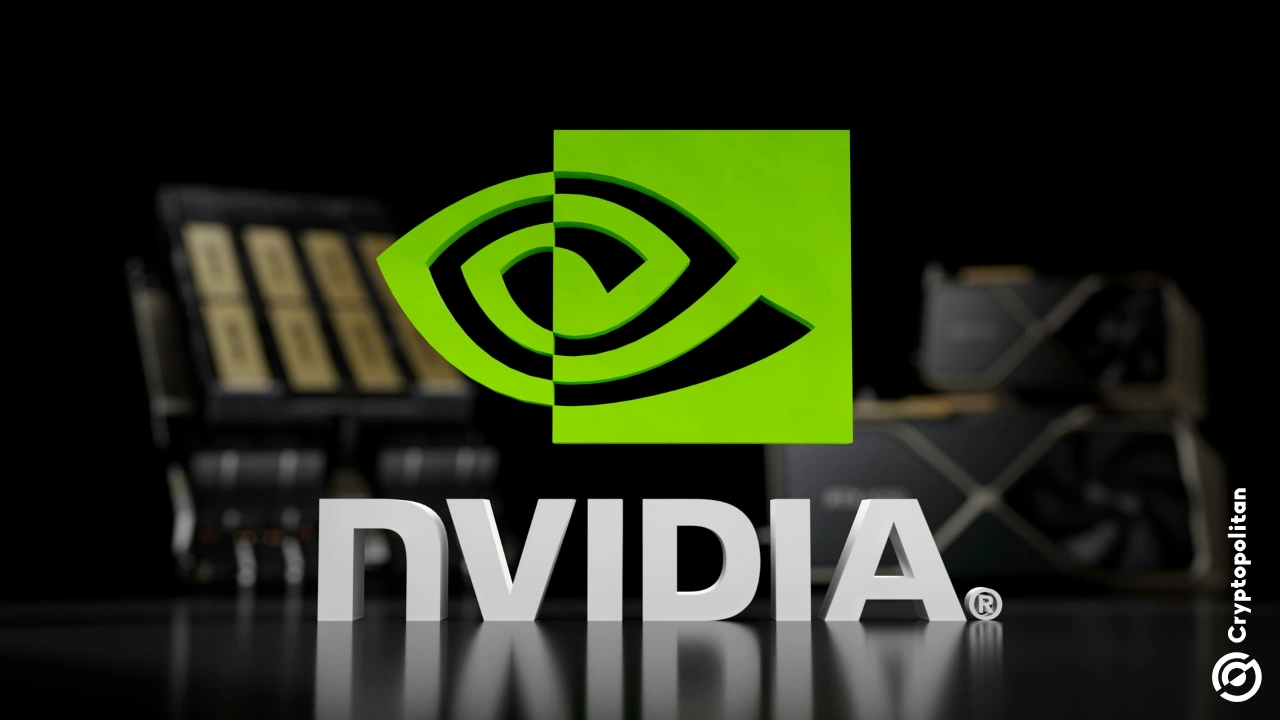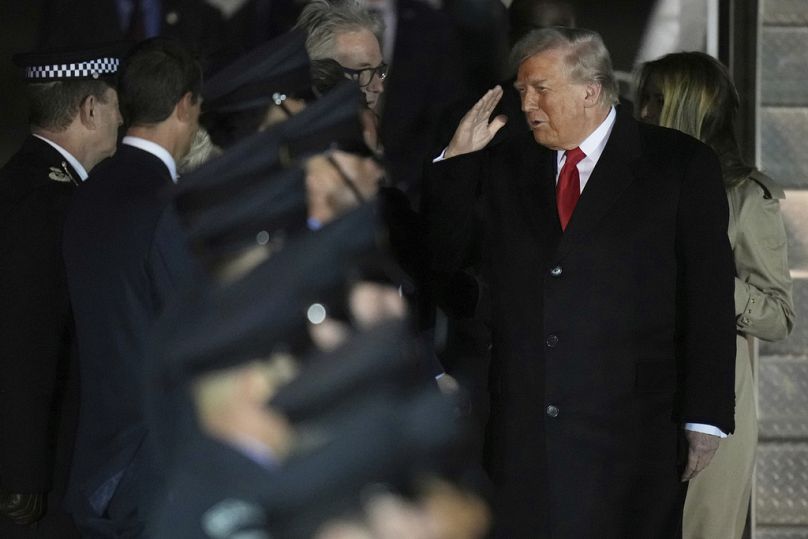
Nvidia, the leading producer of artificial intelligence (AI) chips, is at the heart of the geopolitical standoff as semiconductors become increasingly central to the U.S.-China rivalry.
The company's reentry into the Chinese market Last week, reportedly with Washington's blessing, has stirred debate about the strategic consequences for both nations.
For the US, Nvidia's continued presence in China may serve as a strategic lever to maintain its dominance in AI. Experts told CNBC that keeping Chinese companies reliant on US-designed chips and software, especially Nvidia's widely used CUDA platform, helps solidify America's global leadership.
"This relationship is symbiotic, but I do believe China needs US technology more at this moment in time," said Daniel Newman, CEO of Futurum Group, in an interview with CNBC's The China Connection.
For China, Nvidia's return provides a crucial window through which to further develop its domestic semiconductor ecosystem while continuing to build AI capabilities.
Nvidia wins US approval to resume H20 chip sales in China
Earlier this year, the US tightened export restrictions on Nvidia's H20 chip—a downgraded version of its flagship hardware designed to meet earlier compliance requirements. Washington cited concerns about these chips potentially advancing China's military or homegrown AI industry.
The move forced Nvidia to take a $4.5 billion writedown on unsold inventory and warn of revenue impacts running into the billions. Nvidia CEO Jensen Huang has openly criticized the export restrictions, arguing they could accelerate the country's chip development and undermine America's tech leadership.
"It would be a tremendous loss for us not to participate in China," Huang said, adding that in Nvidia's absence, domestic players like Huawei would step in to fill the gap.
That message seems to have resonated in Washington. Nvidia confirmed last week that it had received U.S. government approval to resume H20 sales to China.
While Nvidia is poised to benefit financially, US officials say the move also serves national interests.
In an interview with CNBC, Howard Lutnick, US Commerce Secretary, said that they want to continue having the Chinese use the American technology stack because they still rely on it.
Nvidia's influence extends beyond hardware. Its CUDA software platform has become a cornerstone for AI developers, forming a sticky ecosystem that competitors find difficult to displace.
Pranay Kotasthane, deputy director at the Takshashila Institution, noted that reintroducing H20 in China gives US firms some breathing room while slowing China's drive for chip independence.
"China is Nvidia's largest market and is home to 50% of AI developers," according to Jensen Huang. "If that market closes, it becomes harder for Nvidia to reinvest in R&D," Kotasthane said.
Nvidia's China comeback risks derailing local AI chip ambitions
Huawei remains China's frontrunner In AI chip development, but its hardware still lags behind Nvidia's top-tier products. Meanwhile, a growing field of Chinese startups is racing to produce viable alternatives.
Nvidia's renewed market access could potentially weaken that momentum. Tejas Dessai, director of research at Global X ETFs, warned that easier access to Nvidia chips could divert capital away from domestic projects and delay the development of Chinese alternatives.
Dessai told CNBC that if Nvidia's chips are made available to Chinese companies, it could weaken the momentum behind domestic chip projects, cut off funding, and delay progress in domestic Chinese hardware.
Experts say Nvidia's lead is not just about performance but usability. Chinese developers continue to prefer Nvidia's ecosystem due to its flexibility and depth.
Paul Triolo, a partner at DGA-Albright Stonebridge Group, noted that Chinese model developers still prefer Nvidia hardware because Huawei's software environment remains difficult to use.
Still, China's ambition to reduce reliance on foreign technology remains unchanged. While Nvidia dominates the chips used to train large AI models, Chinese companies may find opportunities in inferencing—the process of running trained AI models, such as chatbots and virtual assistants.
In chips, China's opportunity could come when the focus shifts to inference," said Dessai. "That's when demand for lower-cost, efficient processors could scale, and custom chips from Chinese tech companies could step in.
Nvidia's return to China is more than a business decision—it's a geopolitical calculation. As the AI arms race intensifies, both Washington and Beijing are trying to manage a delicate balance between competition and dependence. Whether this détente holds will depend on how fast China can build a viable Nvidia rival—and how long the US is willing to keep the door open.
newsrealtimeAcademy: Want to grow your money in 2025? Learn how to do it with DeFi in our upcoming webclass. Save Your Spot







0 komentar:
Posting Komentar